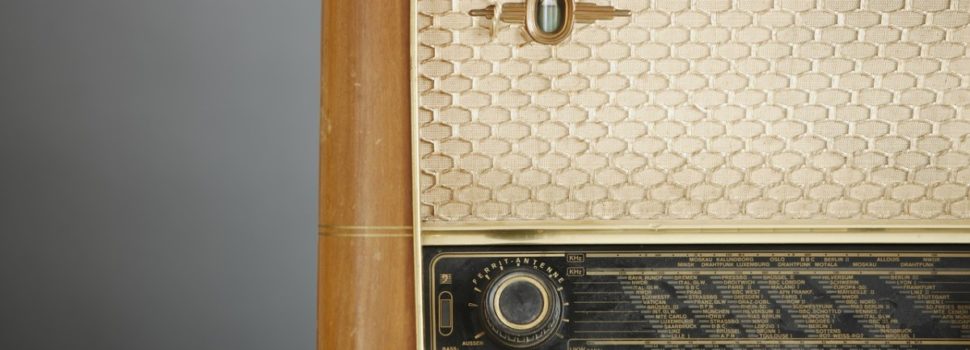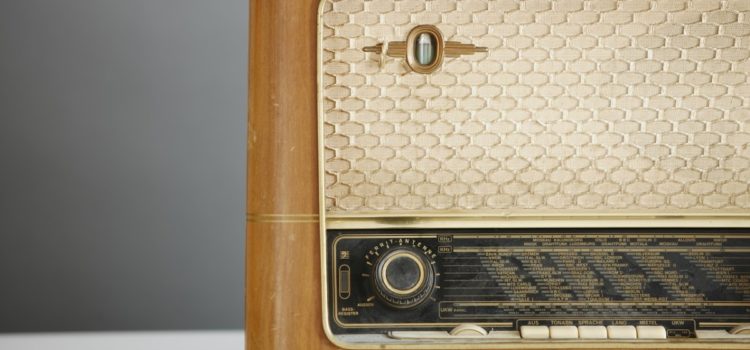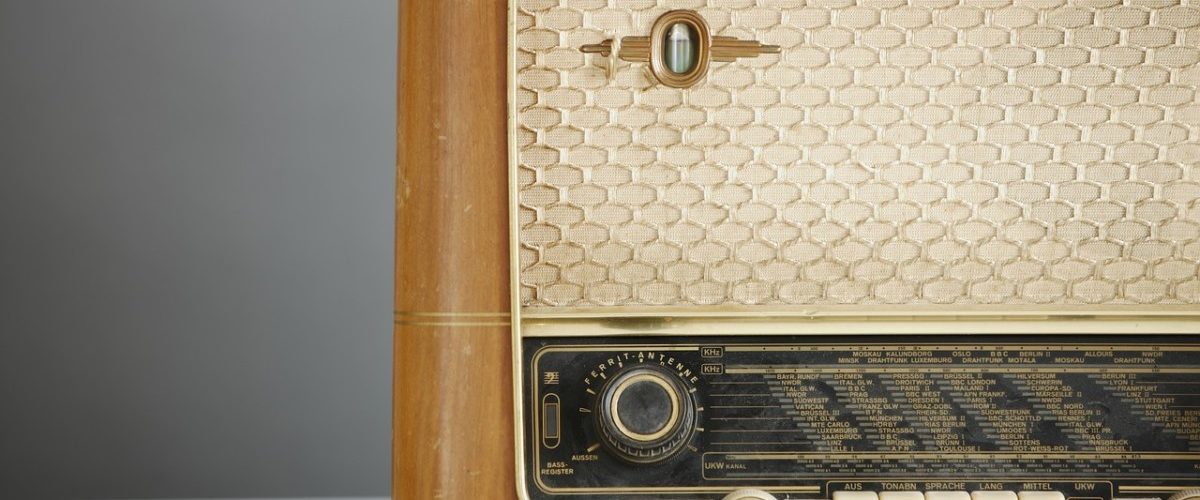

Dean Blundell talks about the state of Toronto’s radio scene
Business & TechCultureEntertainmentNewsQ&ASpecialsSportsTorontoToronto Mar 11, 2020 Christian Holmes

Dean Blundell is a controversial radio personality who has worked at several radio stations in Toronto including The Edge and Sportsnet The FAN 590. Known for his colourful personality and wise-guy-like takes, Blundell has built a fan base that wants nothing more than to listen to him talk on anything and everything, especially pop culture, trending news, and sports. Following his departure from The FAN 590, Blundell has joined forces with well-known Sportsnet personality Daren Millard to make DeanBlundell.com.
Blundell, whose father worked in radio most of his life, earned his stripes helping his Dad out with a little bit of everything. Then when he went to the University of Calgary, a radio station in Fort McHenry offered him a job hosting a radio show and from there his career began.
Skedline reporter Christian Holmes reached out to Blundell to talk about the on-going battle between Toronto’s two 24/7 sports talk radio stations – TSN 1050 and Sportsnet The FAN 590, and his grievances with the radio industry in Toronto.
The news on most radio aficionado’s mind is TSN 1050’s victory over The FAN 590.
In Toronto, there has always been one main sports station – Sportsnet The FAN 590. The station has had its ups and downs. Layoffs, low ratings, and flat out bad times, but with the emergence of “Prime Time Sports With Bob McCown” in 1989, the station started to dig into the Canadian sports market. A market that Doug Ackhurst, the general manager for The FAN in 2000, would say is “niche” when he spoke to The Globe & Mail in 2000.
20 years later, the landscape in the Toronto sports radio market has changed.
For the first time ever after the network’s inception a decade ago, TSN 1050’s morning show First Up and drive home show OverDrive claimed its first ratings victory over The FAN 590, as The Athletic’s Sean FitzGerald reported.
Q. What does this matter? Why do people care so much?
A. “They care so much because they’re dumb,” he said. “They talk about it being this great victory they have over the other network, going to a 2 share from a 1.1 share. You’ve got two sports stations in Toronto that can barely support one and on top of that, these guys are arguing with each other over who’s better than the other one. With 0.5 margin for error, you really can’t tell who the better station is.
“And by the way, if you’re bragging about being the number one horse in a two horse race, you have some serious fucking self-esteem issues. It would be like you and I lining up to do a 100-meter dash and you write a newspaper article about who I beat you by two milliseconds, and since I did, I’m the champ.”
Q. Does this represent a change in the guard when it comes to Toronto sports media?
A. “The FAN has been its own worst enemy,” he said. “They don’t really care about money. They don’t care about ratings. They see The FAN 590 as an example they want to set or as this big PR machine against TSN.
“Back when TSN was non-existent, they were able to have a .4 or .5 share, they really didn’t give a shit about what was on the radio. They just cared about looking inclusive. They wanted to sound like they looked and cared about people. That’s what The FAN has done too in recent times. They went from premier programming to trying to put people on to represent that inclusive atmosphere.
“The FAN is learning they can’t win when they’re trying to put programs that look good as opposed to working what’s been really good for them in the past.”
Q. Why is this ratings war even a thing? If it does not matter, a lot of people sure do seem to care about this subject? That’s a question many have been asking themselves over these days.
A. “Radio people are some of the most insecure individuals on the planet,” he said/ “When you’ve been on the radio for as long some as these guys have been doing what they do and not losing to a station for so long and then all of the sudden, you’re losing to them, it sucks, and vice versa.
“It’s funny though that these guys are getting worked up over 2.0 share when there are stations getting 15.0 shares and not really saying much about it. These sports stations are breaking open bottles of champagne celebrating their 2.0 shares at staff meetings, which in radio is impossible to sell, but I mean, if that was their goal, good for them. If it was their goal to beat the other loan sports station for one week, they got the job done.”
Q. What’s your biggest pet peeve?
A. “My biggest pet peeve is people that are on the radio to keep their job rather than doing a good job,” he said. “My biggest pet peeve is radio companies trying to cut their way to marketability and cut their way to profitability, and giving people a shitty wage in a city in Toronto where you can’t afford to live in earning minimum wage. My pet peeve is how radio hosts have been treated. My pet peeve is how on-air people have been treated.
“Adherence to the bosses is a person’s biggest motivator. Your boss will say, ‘You’ve got three months to get your ratings up or else.’ This can go on for 15-20 years in some cases where you’re working three months to three months waiting to see your books and waiting to see what your ratings are, and love it or hate it, your income is tied to it.”
Q. Has digital killed the radio star?
A. “Anybody that’s on the radio has figured out that they can quit doing some of the stuff they’re doing and do it better on their own time and get it done better. They can do all this stuff better without having to worry about the broadcast rules because there are some stations that just say ‘fuck it’ and syndicate some three-hour program during the middle of the afternoon in one of the biggest cities in the country.
“Radio stations just don’t have the money and they’re getting to the point where they should become digital. Radio is still a part of our lives and still will be, just not like it was before.”
Q. Does that mean podcasting is becoming the new platform for radio?
A. “Wonder no more why these things are happening,” he said. “Podcasting is something where somebody creates something and it’s on their fans’ phones, in their mailboxes, and on social media. It’s easy to access and can be listened to on-demand.
“When we created DeanBlundell.com and started getting one million page views a month, we found ways to generate new profits that were not available on the radio. We’ve been able to do it with almost no money. There are a lot of other people on the radio that could probably do the same thing.”
